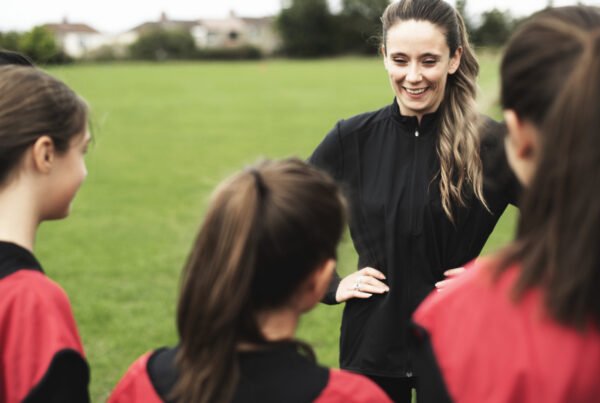Abstract
This report presents findings from a study undertaken by the Office for Disability Issues (ODI) and the Department for Culture, Media and Sport (DCMS) in England and Scotland. The aim of the study was to collect information about the service that disabled spectators receive when they attend a sporting event as well as issues around accessibility. The 2010 Equality Act provides the guiding policy context to the study, which requires providers to make ‘reasonable adjustments’ so that disabled people are not placed at a ‘substantial disadvantage’ compared to non-disabled people. The survey focuses specifically on football, rugby, and country cricket sporting venues.
Methodology
Two small-scale surveys were conducted between December 2014 and February 2015 comprising an online survey of disabled spectators and a postal survey of clubs from football, rugby, and cricket. The spectator survey received 945 respondents, asking participants to describe their attitudes towards sporting events and the barriers they have faced to attending. The club survey received responses from 88 different clubs and asked questions regarding the extent to which they cater towards disabled spectators, as well as offering them the opportunity to explain the barriers they face in catering.
Key Findings
When planning attendance, the most frequently mentioned barrier was that venues were difficult to access, with transport and parking problems regularly cited. Most clubs claimed to provide access and facility information in advance, but a suggested improvement would be information that focuses beyond just the stadium, including travel to and from the venue. When buying tickets, issues included limited numbers of wheelchair places, no seating choice and difficulty purchasing online. Clubs should consider making wider adjustments in seating planning, as well as providing accessible online services. With regards to the overall experience, frequently cited issues included moving around the venue, accessing toilets, obtaining refreshments, and a lack of disability awareness from club staff and other spectators. Match day stewards should receive disability awareness/confidence training and adopt a zero-tolerance approach towards negative and abusive behaviour.
Interpretation
The report highlights the key issues faced by disabled spectators and makes a list of recommendations that clubs should use as a guide for improving accessibility and inclusivity. It is important for clubs to remember that there are a wide range of impairment types including mobility, mental health, hearing, vision, and memory, with each requiring awareness, understanding and different approaches. It is also important for clubs to understand that civic action can be taken against them if they are not perceived to meet the standards of ‘reasonable adjustment’. There are some limitations to the overall representativeness of the study, particularly the online spectator survey as disabled people tend to have lower levels of internet access. Further research into sporting venues other than football, rugby and county-cricket could also provide a broader perspective. One of the key strengths of the study is its descriptive focus, providing powerful and detailed first-hand testimonies rather than solely relying on statistics.




